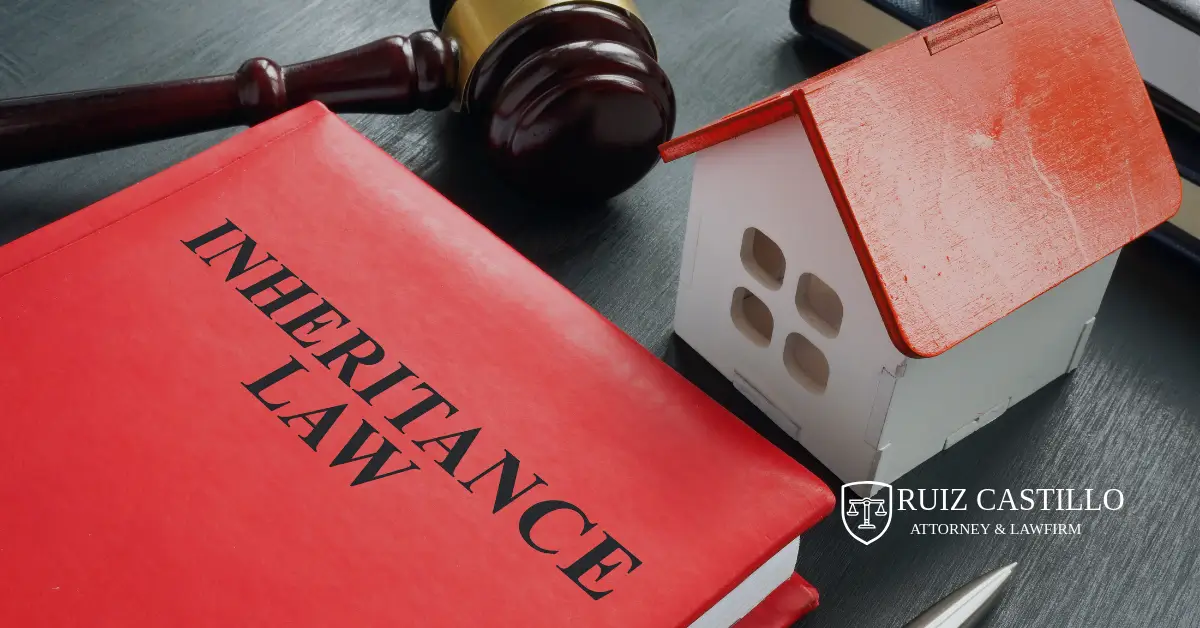
Owning property in Spain can be a rewarding experience, but it comes with several tax obligations that every foreign property owner should be aware of. Navigating the Spanish tax system can be complex, especially for non-residents. In this article, we’ll cover the essential taxes, including property tax, capital gains tax, rental income tax, and residency-related […]
Happy clients
Experience
Masters degrees
Owning property in Spain can be a rewarding experience, but it comes with several tax obligations that every foreign property owner should be aware of. Navigating the Spanish tax system can be complex, especially for non-residents. In this article, we’ll cover the essential taxes, including property tax, capital gains tax, rental income tax, and residency-related taxes like the Wealth Tax. Whether you’re planning to live in your property, rent it out, or sell it, staying informed will help you manage your tax liabilities and avoid potential penalties.
As a property owner in Spain, you are required to pay various taxes, some annually and others at the point of sale or when earning income from your property. Let’s break these down in more detail.
The Impuesto sobre Bienes Inmuebles (IBI) is an annual property tax that all property owners must pay. This tax is based on the cadastral value of the property, which is typically lower than its market value. The cadastral value is determined by local authorities and reflects factors such as the size, location, and age of the property.
The IBI rate varies depending on the municipality, typically ranging from 0.3% to 1.1% for urban properties and 0.2% to 0.9% for rural properties. Municipalities with higher populations may impose higher rates. It’s important to ensure you pay this tax on time each year, as failing to do so can result in penalties or even legal action.
If you have any questions about how IBI is calculated or need assistance in paying this tax, I encourage you to contact me, José María Ruiz Castillo, for expert guidance.
If you sell your property in Spain, capital gains tax (CGT) will apply to any profit you make from the sale. The gain is calculated as the difference between the original purchase price and the sale price, adjusted for costs such as improvements and associated selling expenses.
As of January 2023, Spain has introduced a new tax bracket for larger gains. The current CGT rates for residents are:
For non-residents, the capital gains tax rate is a flat 19%. Certain exemptions apply, particularly for residents over 65 who are selling their primary residence, or for those reinvesting in another primary home. Understanding these rules and exemptions is crucial for tax planning.
If you need help calculating or minimizing your capital gains tax, feel free to contact me for a personalized consultation.
If you rent out your property in Spain, you are required to declare your rental income and pay taxes on it. Whether you are a resident or non-resident will determine the applicable tax rate and deductions.
For residents, rental income is considered part of your overall income and is taxed progressively based on your income bracket. However, residents can benefit from allowable deductions such as maintenance, property management fees, mortgage interest, and repairs, which can significantly reduce taxable income.
For non-residents, the taxation of rental income depends on your residency status within the EU. Non-EU residents are taxed at a flat rate of 24% on gross rental income, meaning no deductions are allowed. EU/EEA residents, on the other hand, are taxed at 19% and can benefit from certain allowable deductions, similar to residents.
Understanding these rules is key to avoiding fines and optimizing your tax situation. If you have questions about how to declare rental income or what deductions you qualify for, don’t hesitate to contact me for assistance.
If you are a non-resident earning rental income from property in Spain, you are required to file Modelo 210 with the Spanish tax authorities. This form is used to declare and pay taxes on your rental income. Non-residents must submit this form quarterly if they are renting out their property. However, if the property is not rented, non-residents only need to file this form annually to declare an imputed income tax on the property.
The tax rate for non-residents is 24% for non-EU citizens, while EU/EEA residents benefit from a lower 19% rate and are eligible for deductions. Filing Modelo 210 is an essential requirement, and failure to do so can lead to penalties.
If you’re unsure how to complete or submit this form, or if you want to ensure full compliance, I can help you file Modelo 210 correctly and on time. Contact me directly for support.
Read my in-depth article about the taxation in Spain for expats.
For high-net-worth individuals and those considering residency in Spain, additional taxes and implications need to be taken into account.
Another tax to be aware of is the Wealth Tax (Impuesto sobre el Patrimonio), which applies to high-net-worth individuals who own property or other valuable assets in Spain. This tax applies to both residents and non-residents who own property worth over a certain threshold.
For residents, the Wealth Tax is based on their worldwide assets, while non-residents are only taxed on assets located in Spain. The exemption threshold varies by region but is generally €700,000 per individual, with an additional €300,000 exemption for your main residence. Tax rates range from 0.2% to 3.5%, depending on the value of the assets.
If you own high-value assets in Spain, it’s essential to evaluate your Wealth Tax obligations. Contact me for help in determining whether you are liable for Wealth Tax and how to minimize its impact.
Read my in-depth article about understanding the wealth tax in Spain.
Spain has tax treaties with many countries to prevent double taxation, which means you won’t be taxed twice on the same income in two different countries. These treaties allow for the elimination or reduction of tax on certain types of income, including property-related income.
Understanding how tax treaties apply to your specific situation can help reduce your tax liability. If you need guidance on double taxation agreements and how they affect your tax obligations in Spain, contact me for expert advice.
As of 2022, non-resident property owners in Spain are required to provide an email address to the Spanish Tax Agency for official notifications. This change ensures that non-residents can receive important tax-related correspondence and meet deadlines.
To ensure you’re fully compliant with these new regulations, feel free to get in touch with me for advice on how to register your contact information.
Navigating Spain’s property tax system can be complex, but being informed about property tax, capital gains tax, rental income tax, and other obligations is essential for every foreign property owner. By staying compliant with Spanish tax laws, you can avoid penalties and manage your property-related finances more effectively.If you need help with any aspect of property taxation in Spain, including filing taxes, planning for capital gains, or understanding rental income rules, contact me, José María Ruiz Castillo, for professional and personalized legal assistance. I am here to ensure you meet your obligations while minimizing your tax burden.







